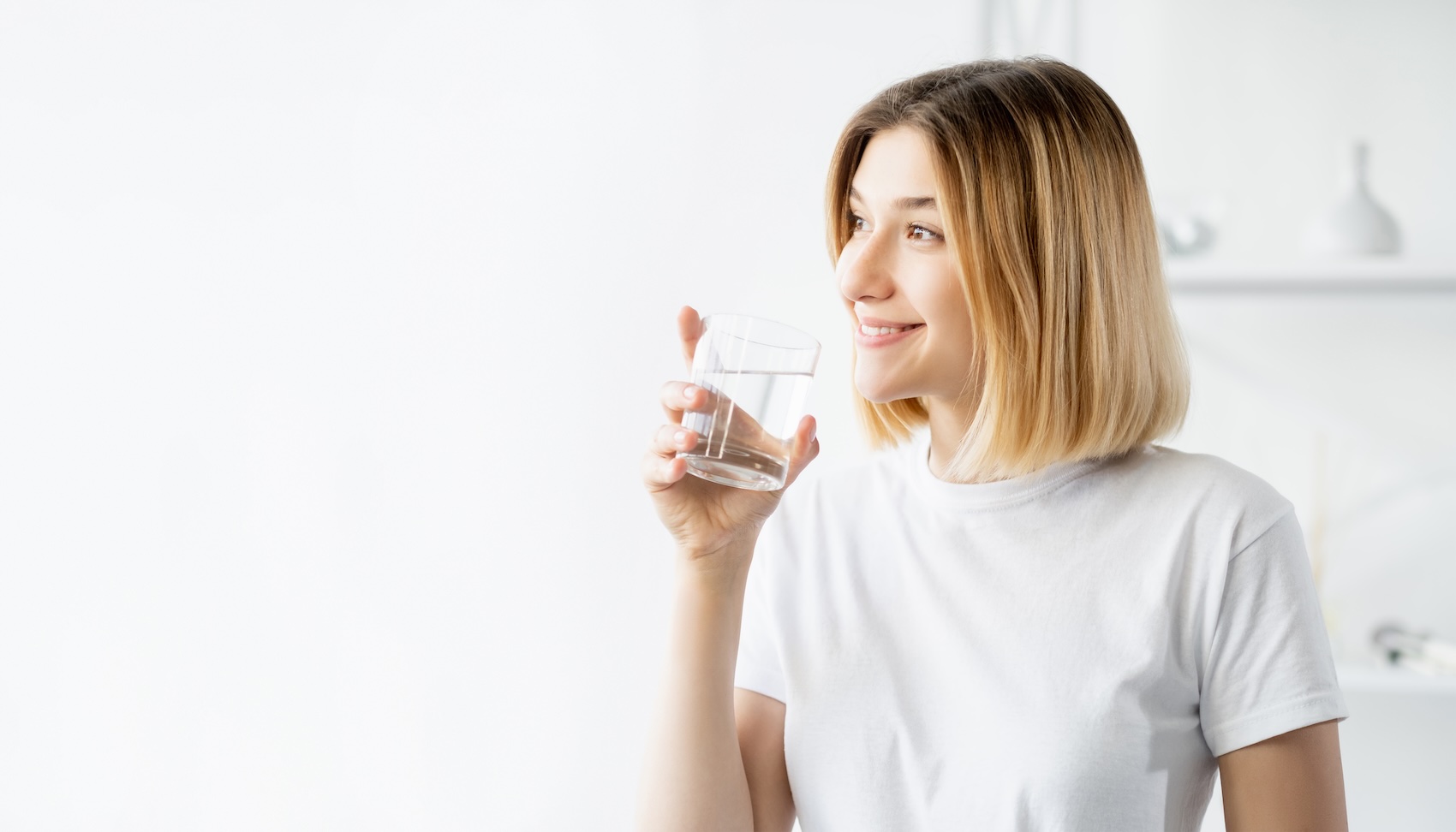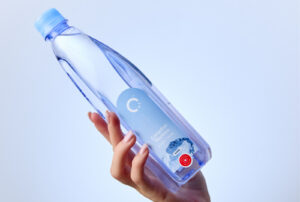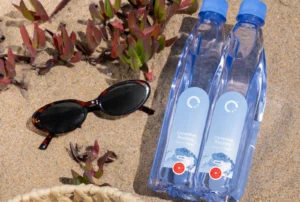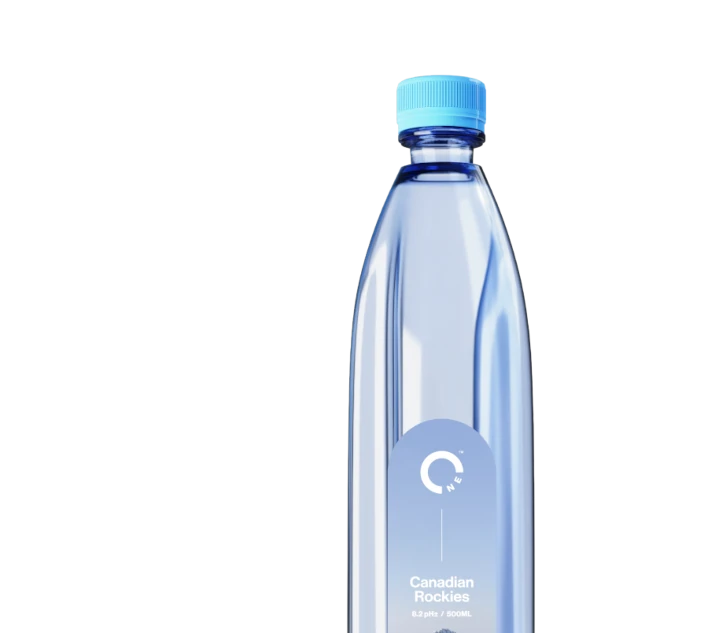Dehydration after physical activity is more than just feeling a little thirsty. It can leave you sluggish, foggy, and underperforming for hours or even days.
Whether you’re sweating it out in a workout or recovering after a long flight, choosing the right drink matters more than most people realize.
Let’s break down what to drink when you’re dehydrated, when each drink makes sense, and why the best option isn’t always “just water.”
Why Dehydration Hits Harder Than You Think
Your body is mostly water, and when you sweat, you lose both fluids and essential electrolytes like sodium and potassium.
Research shows that sweating out 2% of your body weight can impair physical performance, especially in endurance, strength, and coordination tasks.
Post-exercise dehydration can lead to:
- Muscle cramps and fatigue
- Brain fog or headaches
- Poor recovery and performance in your next session
If you’re simply sipping water after a sweaty session, you might be missing critical elements your body needs to bounce back.
What to Drink When You’re Dehydrated: Options Compared
Hydration comes in different forms, and each type supports different recovery needs. Let’s explore how the most common options perform in real-world post-activity scenarios, and when each one makes the most sense.
Plain Water: The Foundational Fix
Water should always be your hydration baseline. It’s ideal for light activity, general thirst, or everyday sipping. But during and after sweat-heavy workouts or hot environments, water alone may not be enough to replace lost electrolytes.
Smart tip: One Water’s clean spring sources make it a go-to choice for health-conscious drinkers. The 250ml and 500ml bottles are ideal for pairing with electrolyte powders, preventing product waste and over-dilution of your mix.
Electrolyte Powders + Mix-ins
If you’re dripping sweat, rehydrating with sodium, potassium, and magnesium is key. Electrolyte powders offer the most customizable way to do that without added sugar or artificial flavors.
Use them when:
- You’ve had a long, intense workout
- You’re in extreme heat or humidity
- You want precise control over what goes into your drink
Pair with a smaller bottle of water for the perfect mix ratio and portability. This combo makes it easy to rehydrate efficiently without overdoing it, especially when you’re short on time or mid-commute.
Sports Drinks (Pre-Mixed)
Convenient and widely available, sports drinks can be helpful during or after high-intensity training. But they often come with excess sugar, artificial dyes, or flavors that some users prefer to avoid.
When they make sense:
- Marathon sessions or endurance workouts
- If you’re a heavy sweater and need fast sodium replenishment
When they don’t:
- Casual gym days
- Post-flight rehydration
Coconut Water & Natural Alternatives
Coconut water contains potassium and some natural sugars, making it a light option for hydration. However, it’s low in sodium and might not be enough after high-volume sweat loss.
Good for:
- Mild activity or yoga sessions
- Refreshing post-walk recovery
Not ideal for:
- Post-HIIT or intense cardio
Post-Activity Rehydration: Matching Hydration to Your Routine
If you’ve just finished a challenging workout, traveled all day, or spent hours in the sun, your body’s needs will look different than someone who’s just casually rehydrating after a walk. The right drink depends on what you’re recovering from and how much sweat you’ve lost along the way.
For intense sessions or high-heat conditions, your go-to may be a clean bottle of spring water paired with an electrolyte powder to replenish lost minerals.
If you need something quick, functional, and portable, single-serve bottles like One Water’s 250ml or 500ml formats are easy to toss in a bag, gym locker, or car door.
And if you’re focused on simplicity and clean hydration without the additives, a cold, pure spring water might be the most refreshing (and photogenic) choice.
Whether you’re recovering, on the move, or staying ahead of dehydration, the goal is the same: rehydrate smart, and do it in a way that fits your rhythm.
Rehydration Tips That Make a Real Difference
Looking for ways to improve your hydration habits beyond what you drink? These simple strategies can make a significant impact on how your body recovers:
- Hydrate early: Drink before long workouts, travel, or time outdoors.
- Listen to your body: Don’t wait until thirst hits. It’s often a late-stage signal.
- Replenish minerals: If you’re skipping sports drinks, eat salty snacks or add electrolyte mix-ins to your water.
- Simplify your system: Keep smaller bottles on hand for mix-ins or portion control.
- Be mindful of what hinders rehydration: Limit alcohol or caffeine right after sweating. Both can delay fluid absorption.
These tips aren’t about overhauling your routine. They’re small, actionable habits that help you stay ahead of dehydration, especially when you’re active, traveling, or just going about your day.
Final Thoughts: Make Hydration Work for You
There’s no one-size-fits-all solution when it comes to rehydration. What matters is understanding your body’s needs and choosing the right drink for your lifestyle, activity level, and recovery goals.
When it comes to hydration that travels with you, the right bottle makes all the difference.
Discover the crisp clarity of One Water — globally sourced spring water bottled for movement, recovery, and everything in between.




